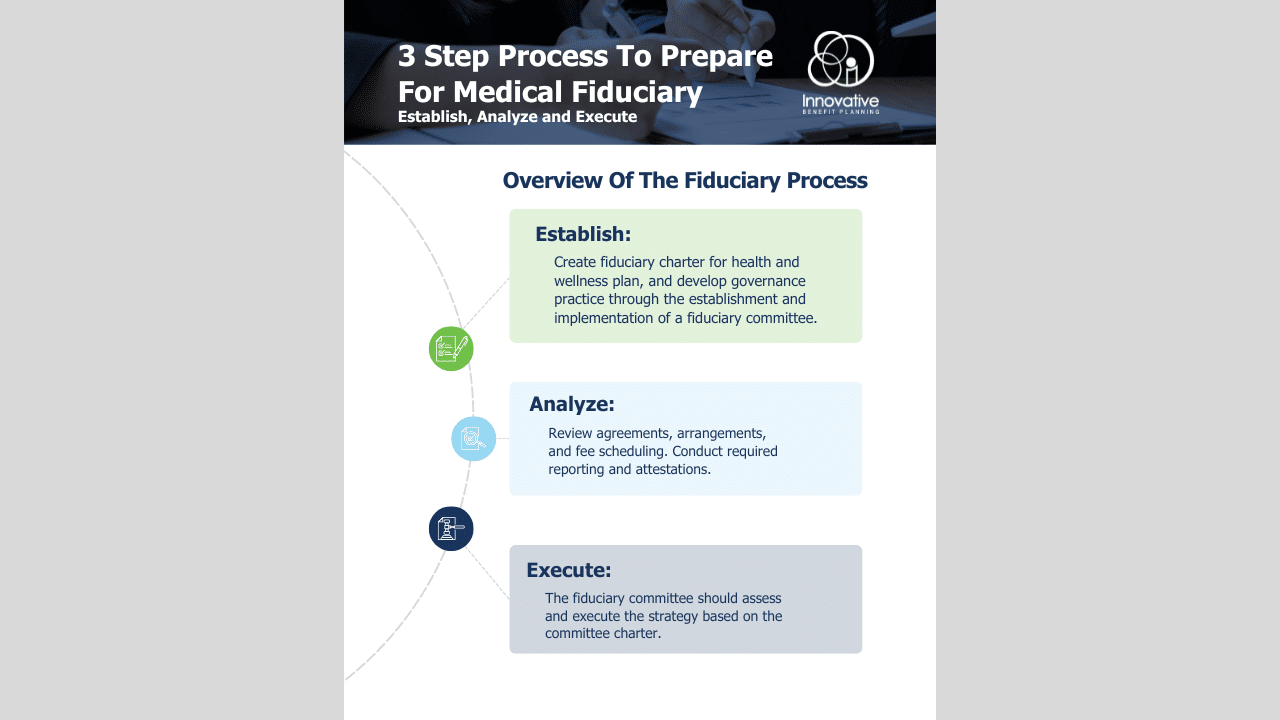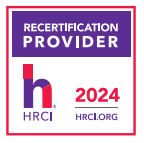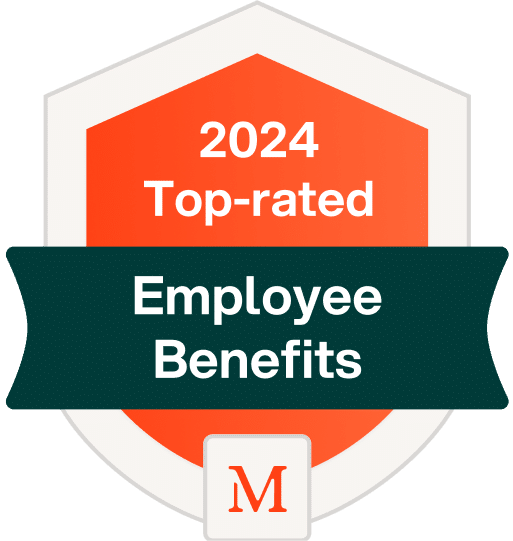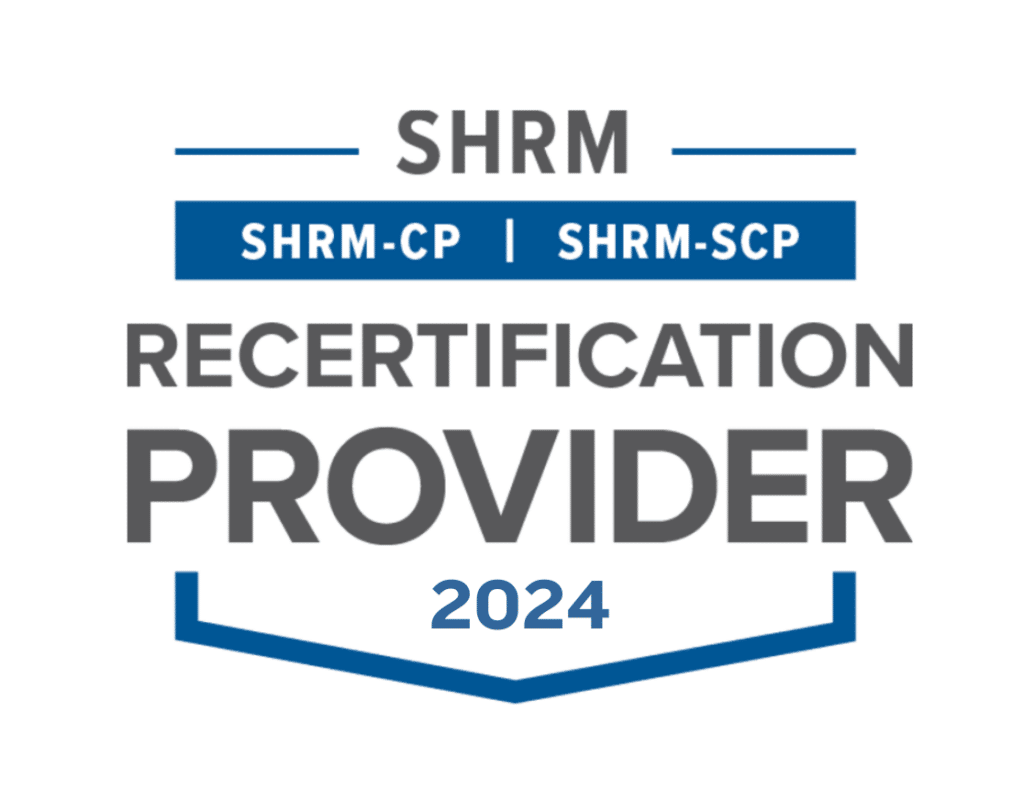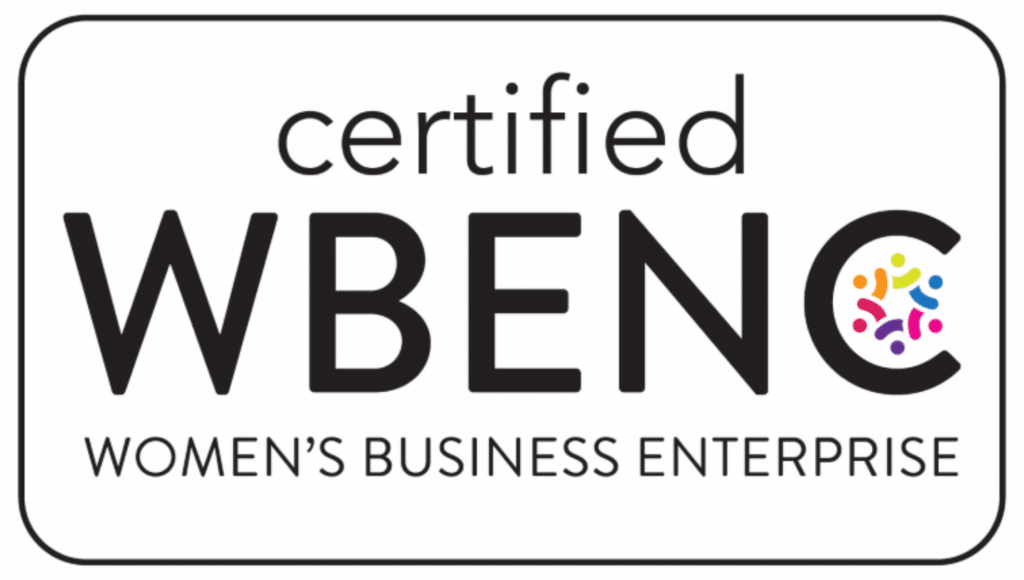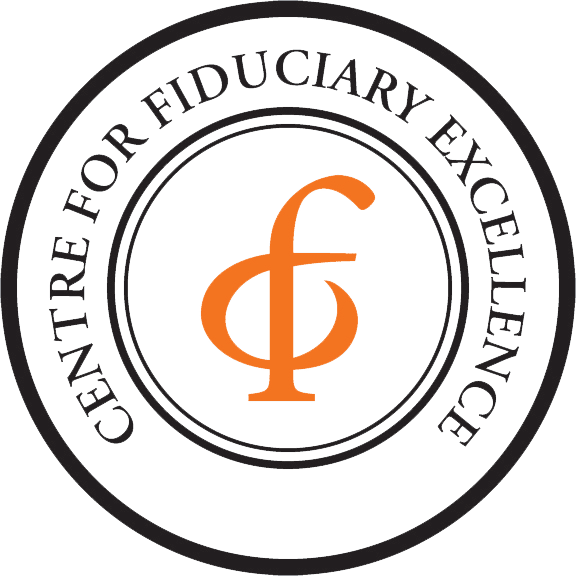Some employers with self-funded health plans can breathe a sigh of relief this week. The Department of Health and Human Services has announced that certain self-funding employers will be exempt from paying the second and third year Transitional Reinsurance Program Fees imposed by the Affordable Care Act. The first year (2014) fee of $63 per participant will remain intact, but the HHS announced that they will now accept two payments, one at the beginning of the year, and the second at the end of the year, in order to provide additional budgeting relief.
The Transitional Reinsurance Program was designed to provide funding to cover additional costs associated with insuring formerly uninsured individuals who may have unmet health needs. The Program was designed to yield over $25 billion dollars over three years. At this point, it is not clear what the adjusted figures are expected to be for the second and third year fees.
Self-funded plans are becoming more attractive to certain employers lately as they are already exempt from the Health Insurance Provider Tax. This tax imposes an aggregate annual tax apportioned among all health insurance carriers, which they then pass on to their fully insured clients through rate increases. With the 2014 tax expected to generate approximately $8 billion in revenues and expecting to reach $14.3 billion in 2018, the cost savings of moving to self-funded are substantial.
Innovative provides a Self-Funded Feasibility Analysis for all clients to determine whether self-funding is a viable option for them. If you are interested in reviewing your own Self-Funded Feasibility Analysis, please provide your information here. In addition, Innovative participates in the largest Health Plan Benchmarking Survey in the country which can help guide you in determining what, if any, changes you should make to your current plan design. To receive your own Benchmarking report specific to your industry, please enter your plan design information here.



